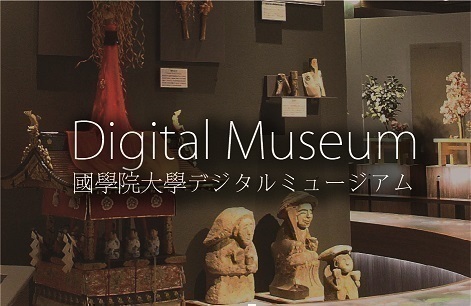- トップ
- Encyclopedia of Shinto
- Onarigami
Encyclopedia of Shinto
| Main Menu: | |
| Links: |
詳細表示 (Complete Article)
| カテゴリー1: | 5. Rites and Festivals |
|---|---|
| カテゴリー2: | Rituals in Okinawa and Amami |
| Title | Onarigami |
| Text | In Okinawa there is the belief that women possess spiritual power; sisters, referred to as onarigami, use their power to spiritually protect their brothers, called umiki. When there are no sisters, paternal aunts—called obagami—take over the role. The umiki in their turn provide protection in a secular sense for the onari. The onarigami relationship between brothers and sisters is also evident at a village level. The daughters (called niigan in this context) of the head household in a town or village as onarigami preside over village rites and festivals, while their brothers (here, nitchū) are in charge of secular affairs. Thus, villages are governed according to this (gendered) division of responsibility between secular and religious affairs. The origins of this can be discerned in the old noro (senior female celebrant) and aji (clan chieftain) system, and in the relationship between the king of the Ryūkyū court and the Kikoe ōkimi, his sister or another female relative who would serve as the chief priestess of the kingdom's body of female ritualists. It also forms the basis of folk ritual in Okinawa. Yanagita Kunio (1875–1962) and Iha Fuyū (1876-1947) considered the onarigami to be related to the onari of the Japanese mainland. Analyzing similar precedents from Indonesia and Oceania, Mabuchi Tōichi (1909–1988) concluded that the Okinawa onarigami corresponded to the pattern in Oceania of sisters occupying a position of ritual and spiritual superiority. — Saitō Michiko |




